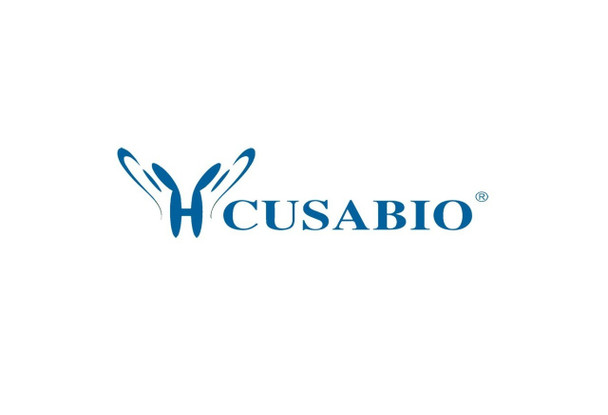Cusabio Polyclonal Antibodies
FGB Antibody, HRP conjugated | CSB-PA008608LB01HU
- SKU:
- CSB-PA008608LB01HU
- Availability:
- 3 to 7 Working Days
Description
FGB Antibody, HRP conjugated | CSB-PA008608LB01HU | Cusabio
FGB Antibody, HRP conjugated is Available at Gentaur Genprice with the fastest delivery.
Online Order Payment is possible or send quotation to info@gentaur.com.
Product Type: Polyclonal Antibody
Target Names: FGB
Aliases: Fibrinogen beta chain [Cleaved into: Fibrinopeptide B; Fibrinogen beta chain], FGB
Background: Cleaved by the protease thrombin to yield monomers which, together with fibrinogen alpha (FGA) and fibrinogen gamma (FGG), polymerize to form an insoluble fibrin matrix. Fibrin has a major function in hemostasis as one of the primary components of blood clots. In addition, functions during the early stages of wound repair to stabilize the lesion and guide cell migration during re-epithelialization. Was originally thought to be essential for platelet aggregation, based on in vitro studies using anticoagulated blood. However subsequent studies have shown that it is not absolutely required for thrombus formation in vivo. Enhances expression of SELP in activated platelets. Maternal fibrinogen is essential for successful pregnancy. Fibrin deposition is also associated with infection, where it protects against IFNG-mediated hemorrhage. May also facilitate the antibacterial immune response via both innate and T-cell mediated pathways.
Isotype: IgG
Conjugate: HRP
Clonality: Polyclonal
Uniport ID: P02675
Host Species: Rabbit
Species Reactivity: Human
Immunogen: Recombinant Human Fibrinogen beta chain protein (346-465AA)
Immunogen Species: Human
Applications: ELISA
Tested Applications: ELISA
Purification Method: >95%, Protein G purified
Dilution Ratio1:
Dilution Ratio2:
Dilution Ratio3:
Dilution Ratio4:
Dilution Ratio5:
Dilution Ratio6:
Buffer: Preservative: 0.03% Proclin 300
Constituents: 50% Glycerol, 0.01M PBS, pH 7.4
Form: Liquid
Storage: Upon receipt, store at -20°C or -80°C. Avoid repeated freeze.
Initial Research Areas: Cardiovascular
Research Areas: Cardiovascular






